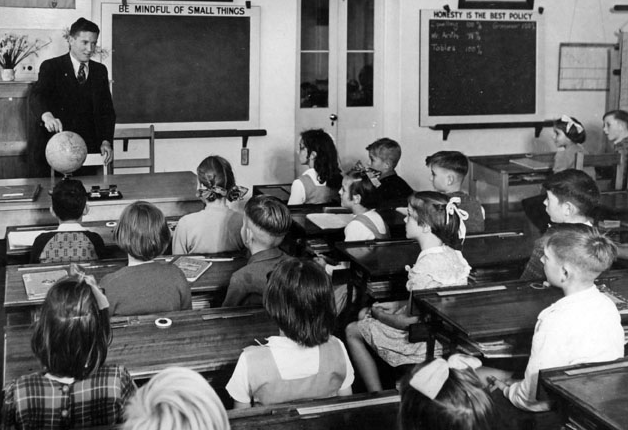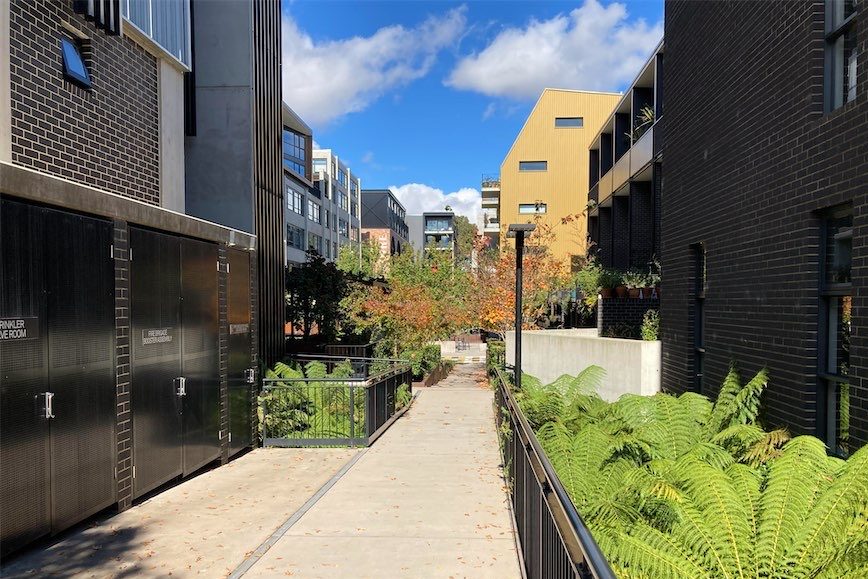WHEN I arrived in Australia in 1957, my first job at 17 was a jackaroo on a 7000-hectare sheep and cattle station at Gunnedah.
 On my first weekend the cocky suggested I go for a walk, but not too far from the homestead. “Take a gun,” he advised. “And if you see anything move, except for the sheep and cattle, shoot it; snakes, big goannas, wedge-tail eagles, foxes or kangaroos.”
On my first weekend the cocky suggested I go for a walk, but not too far from the homestead. “Take a gun,” he advised. “And if you see anything move, except for the sheep and cattle, shoot it; snakes, big goannas, wedge-tail eagles, foxes or kangaroos.”
“If you see them, shoot them” was the instruction and it seems nothing has changed; sharks and crocodiles are killed because they eat people, kangaroos because they eat grass. All of which we invade their traditional territory!
When will we ever learn?
Cedric Bryant, Watson
Drug fighters need support
I SUPPORT the AFP and our border control authorities in keeping up to 30 tonnes of seized illegal drugs annually out of the hands of our kids. Those individuals and organisations telling parliamentarians and governments that such preventive action is somehow helping organised crime, overseas and locally, should have a deep rethink.
Given the enormity of the crime scene, it’s not surprising that the Australian Crime Commission estimates $500 million goes on countering serious and organised crimes.
Put briefly and simply for purpose of argument, let us assume that cigarettes and their smoking had been illegal the past 50 years, and that enablers of the product and its use had subverted the law for huge profits. Would society have accepted that the fault lay with the relevant prohibiting law and not the enablers? Would it have blamed the law for causing thousands of deaths annually?
Against this reasoning, ACC monies are in no way part of the problem, but an essential and very formidable part of the solution.
Colliss Parrett, Drug Advisory Council Australia, Barton
Standing up for choice
AUSTRALIA’S 2.2 million private higher education and training students are being urged to stand up for choice during the Federal election campaign.
Approximately 59 per cent of vocational education and training students in the ACT choose to study with a private provider.
However, vocational education and training in particular is under threat from reactionary policy changes that punish quality private providers, their students and industry.
Suggestions of at least 70 per cent of public funding directed to Government-run TAFEs, an arbitrary cap on student-training loans and government choosing which courses will be funded, at what price, can only lead to more public policy failure in our training system. Students must be able to choose the course they want and the provider they want to deliver it.
Students, parents, teachers and industry need to send a message to all political parties that student choice counts when it comes to quality education and training.
Rod Camm, CEO, Australian Council for Private Education and Training
Avoid complacency
ALTHOUGH describing itself as a community newspaper, “The Chronicle” strangely does not print letters.
However, it has commentators of its own, one being Katy Gallagher.
Her recent column on voting painted a picture of continuous reforms by enlightened progressives “to make sure the full diversity of Australian voices are heard in our democratic institutions”, one of which was to right “an historic injustice” by giving Aborigines the right to vote in 1962.
This is misleading, because from 1850 colonial laws usually stated that all men (being British subjects) above the age of 21 could vote in elections. This included indigenous men, and in 1895 SA made laws that said that all adults could vote, including all women and therefore all indigenous women. This also applied in the NT, which was then controlled by the colony of SA.
In 1896, and for some years following, Aborigines at the Point McLeay settlement in SA voted in state and federal elections. These rights were severely restricted on federation, being non-existent in some states. Therefore the narrative of a “proud legacy” described by Ms Gallagher is on shaky ground. In fact some of the reforms were brought about by pressure from Britain and India (see aec.gov.au/indigenous/history.htm).
Her aim of ensuring that every voice is heard is again under threat. There was a failed attempt when her party was in power to appoint a press censor, and there are several “discrimination” commissions (and another promised by Labor) with the power to punish anyone who speaks freely if that happens to offend anyone.
In these intolerant times, offence is taken at anything one disagrees with and, in the absence of the fundamental right of free speech in Australia, all other rights are threatened. Registering to vote is only one step towards ensuring your voice can be heard. The second is to avoid complacency about your rights.
P Edwards, Weston Creek
Who can be trusted?
In a world of spin and confusion, there’s never been a more important time to support independent journalism in Canberra.
If you trust our work online and want to enforce the power of independent voices, I invite you to make a small contribution.
Every dollar of support is invested back into our journalism to help keep citynews.com.au strong and free.
Thank you,
Ian Meikle, editor




Leave a Reply